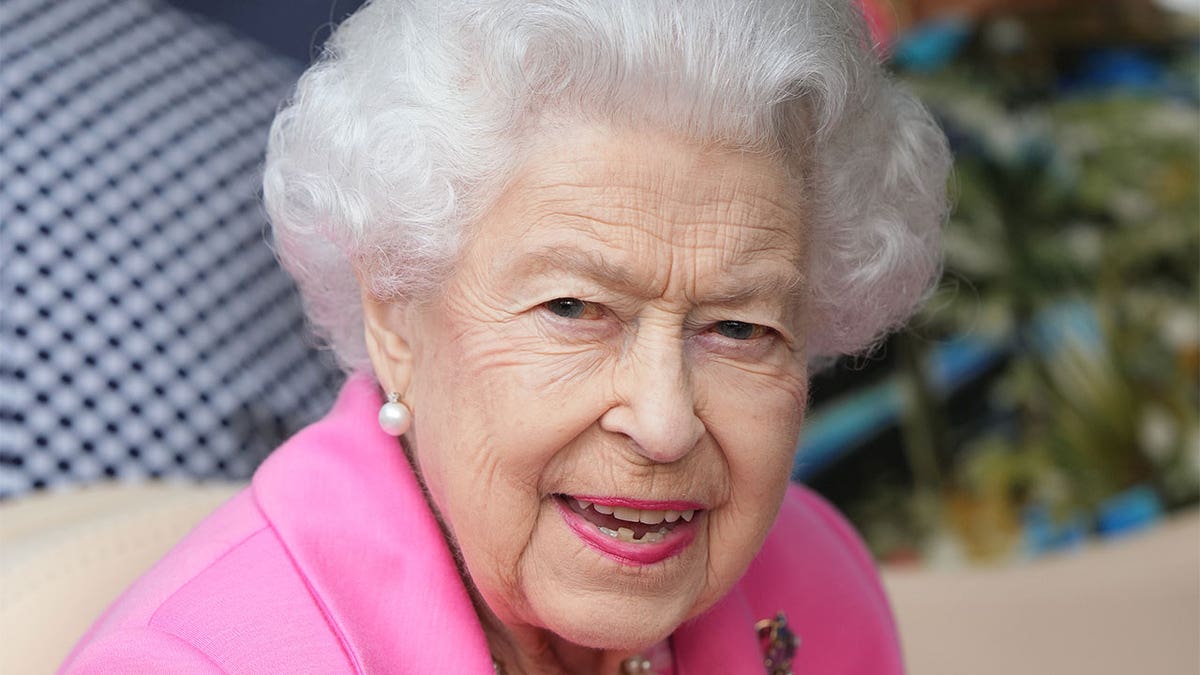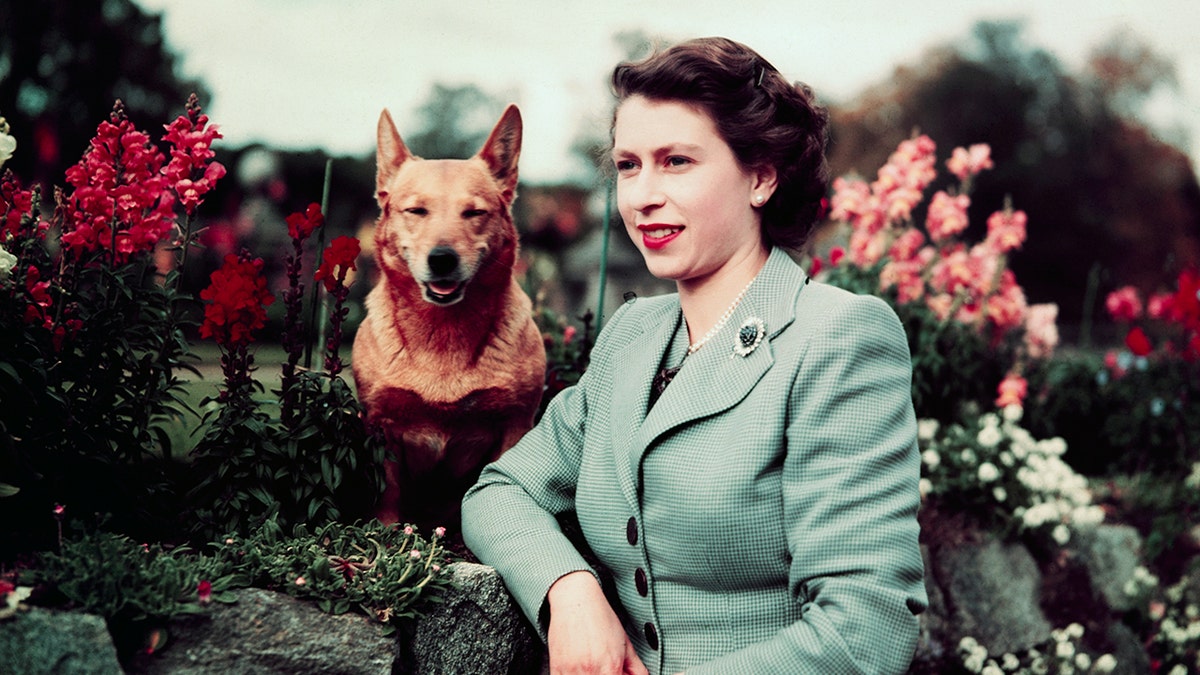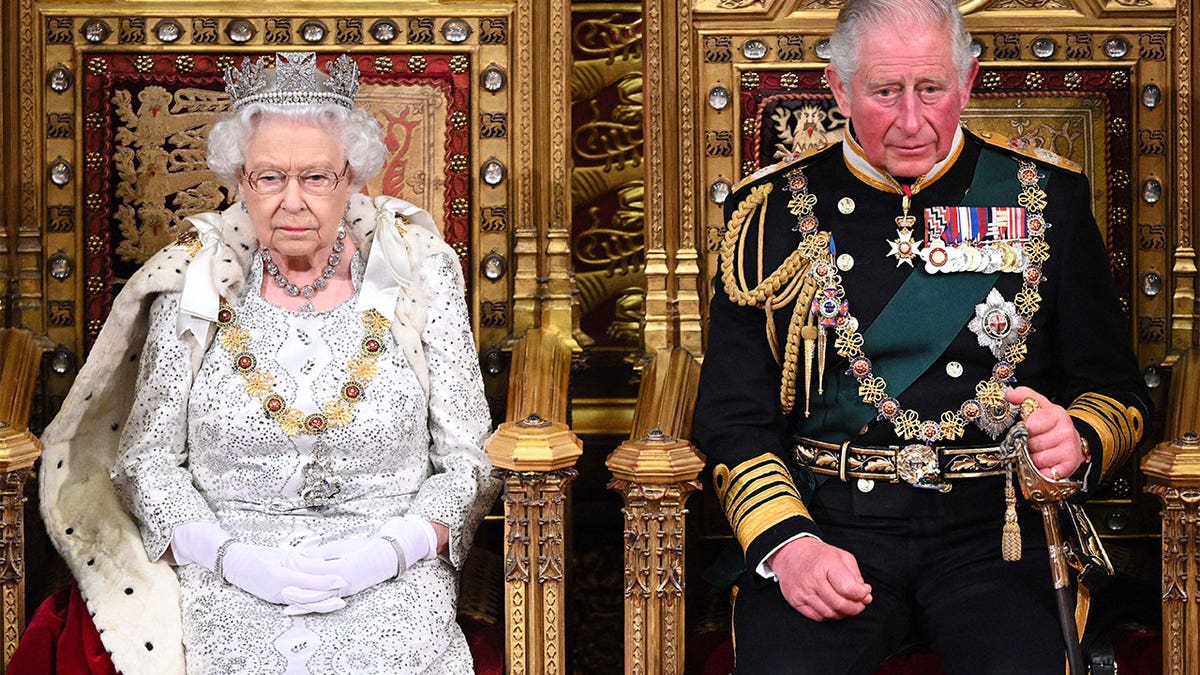Jesse Watters: Queen Elizabeth II cultivated a special relationship with the US
Fox News host Jesse Watters reflects on Queen Elizabeth's life and legacy on 'Jesse Watters Primetime.'
A New York Times guest essay attacked Queen Elizabeth II’s role in perpetuating Britain’s "bloody history" with colonialism on the day of her death.
Buckingham Palace announced Thursday that Queen Elizabeth II had died peacefully in her sleep at Bristol Castle in Scotland at age 96. Prior to her death, she was the longest-serving monarch, reigning for over seven decades.
Although Harvard professor Maya Jasanoff acknowledged that the queen was "a fixture of stability" in her lifetime, she also claimed in her essay that the monarch prevented real acknowledgment of the country’s history with colonialism.
"But we should not romanticize her era. For the queen was also an image: the face of a nation that, during the course of her reign, witnessed the dissolution of nearly the entire British Empire into some 50 independent states and significantly reduced global influence. By design as much as by the accident of her long life, her presence as head of state and head of the Commonwealth, an association of Britain and its former colonies, put a stolid traditionalist front over decades of violent upheaval," Jasanoff wrote.

Buckingham Palace announced Queen Elizabeth II died peacefully in her sleep on Thursday. (Photo by James Whatling - WPA Pool/Getty Images))
FORMER SECRETARY OF STATE MIKE POMPEO RECALLS ENCOUNTER WITH QUEEN ELIZABETH: ‘JOY IN HER HEART’
"As such, the queen helped obscure a bloody history of decolonization whose proportions and legacies have yet to be adequately acknowledged," she added.
Although the Queen said, "The Commonwealth bears no resemblance to the empires of the past," in 1953, Jasanoff insisted, "Its history suggested otherwise."
"Initially imagined as a consortium of the "white" settler colonies (championed by the South African premier Jan Smuts), the Commonwealth had its origins in a racist and paternalistic conception of British rule as a form of tutelage, educating colonies into the mature responsibilities of self-government. Reconfigured in 1949 to accommodate newly independent Asian republics, the Commonwealth was the empire’s sequel and a vehicle for preserving Britain’s international influence," she explained.
Jasanoff also criticized appearances Queen Elizabeth II made with other Commonwealth leaders during her lifetime, remarking how "the white queen sits front and center among dozens of mostly nonwhite premiers, like a matriarch flanked by her offspring."

Queen Elizabeth II of England at Balmoral Castle with one of her Corgis, 28th September 1952. (Getty Images) (Getty Images)
JESSE WATTERS ON QUEEN ELIZABETH’S PASSING: WE DON’T HAVE PEOPLE LIKE THIS ANYMORE
"What you would never know from the pictures — which is partly their point — is the violence that lies behind them," she commented.
Aside from the Queen's alleged colonialist crimes, according to Jasanoff, "She had a personal relationship with Winston Churchill, the first of her 15 prime ministers, whom Mr. [Boris] Johnson pugnaciously defended against well-founded criticism of his retrograde imperialism. And she was, of course, a white face on all the coins, notes and stamps circulated in a rapidly diversifying nation."
Jasanoff mourned that while the "British Empire largely decolonized" in the queen’s lifetime, "the monarchy did not."
"In recent years, public pressure has been building on the British state and institutions to acknowledge and make amends for the legacies of empire, slavery and colonial violence," she wrote. "Efforts are underway to reform school curriculums, to remove public monuments that glorify empire and to alter the presentation of historic sites linked to imperialism."

Queen Elizabeth II and Prince Charles in full court dress (Paul Edwards - WPA Pool/Getty Images)
CLICK HERE TO GET THE FOX NEWS APP
Jasanoff closed claiming that "xenophobia and racism have been rising, fueled by the toxic politics of Brexit" in recent years and Britain must confront its imperialist past.
"Now that she is gone, the imperial monarchy must end too," she concluded.










































